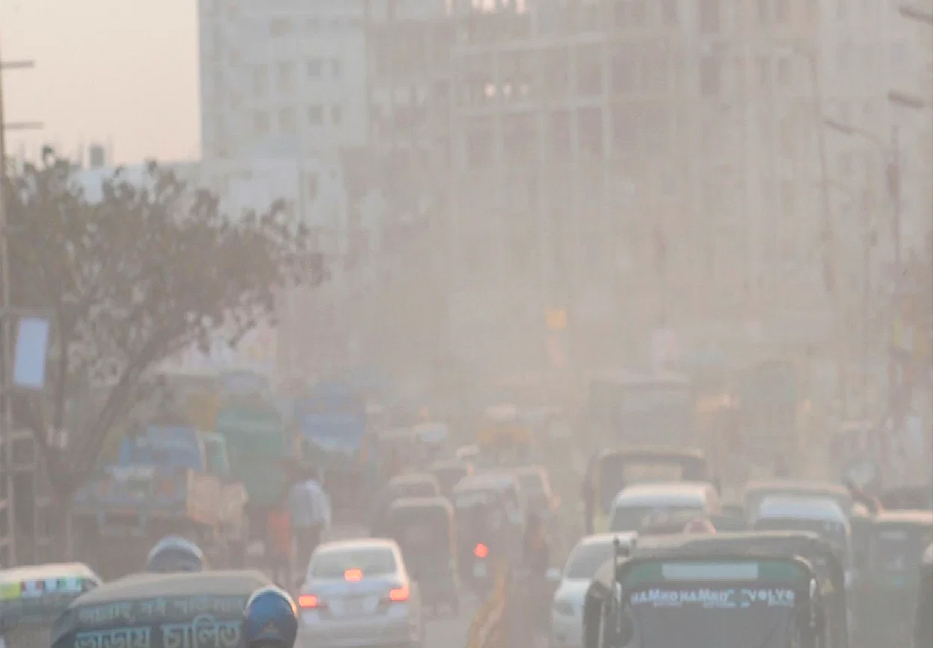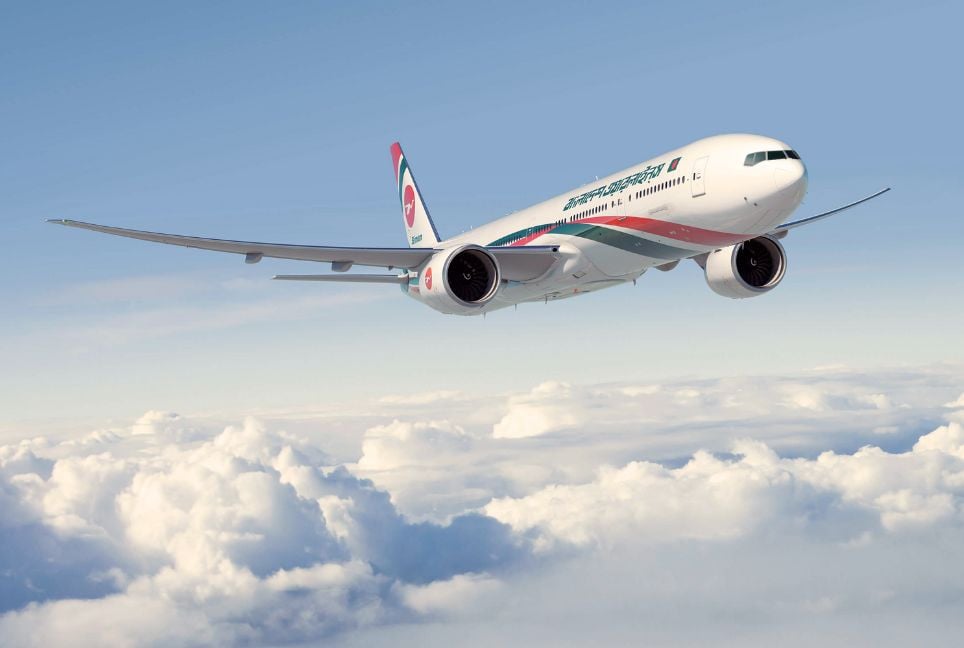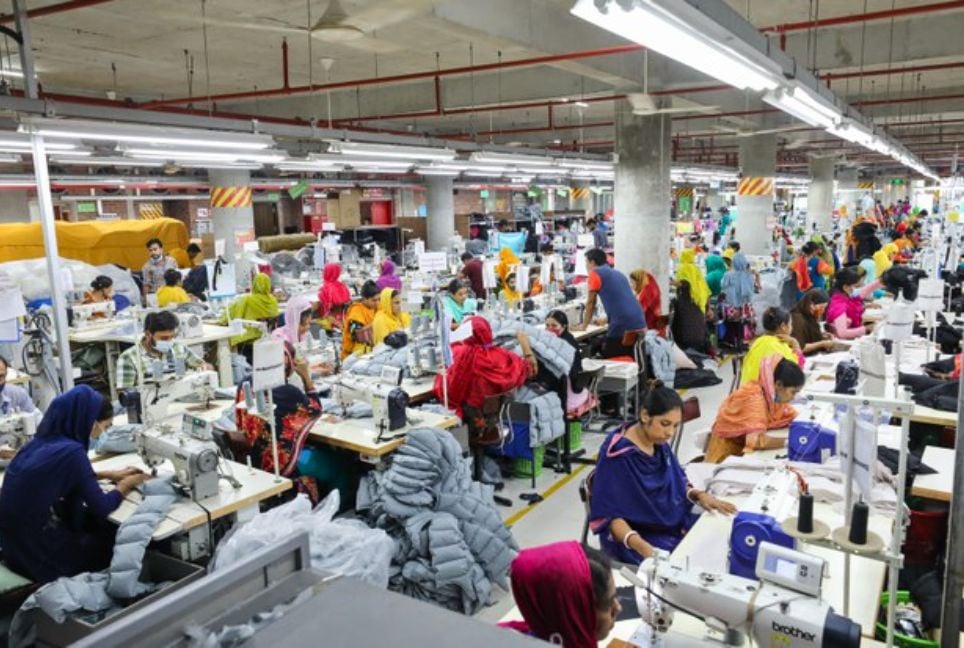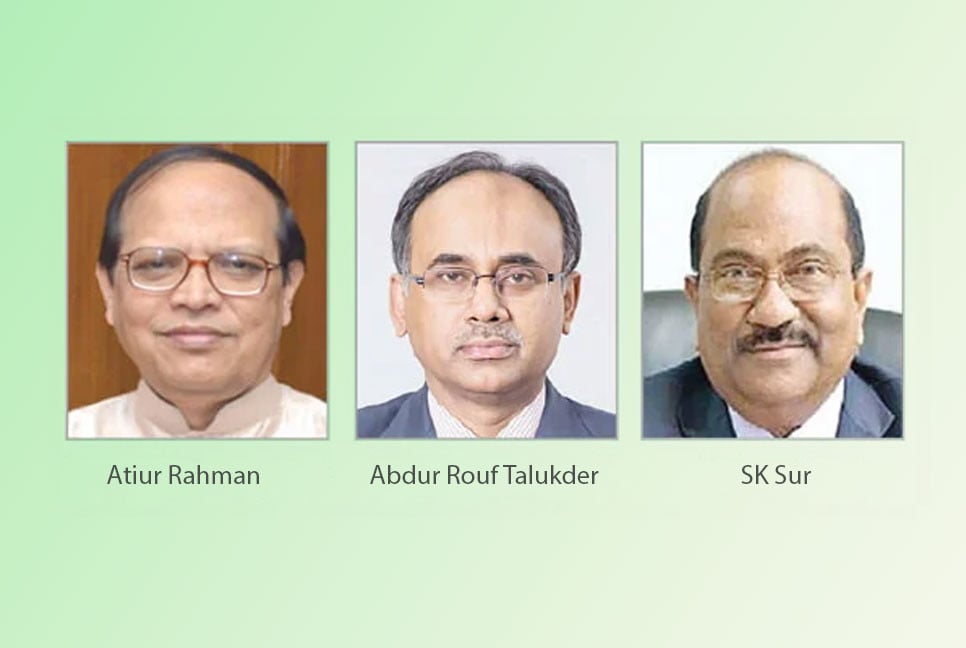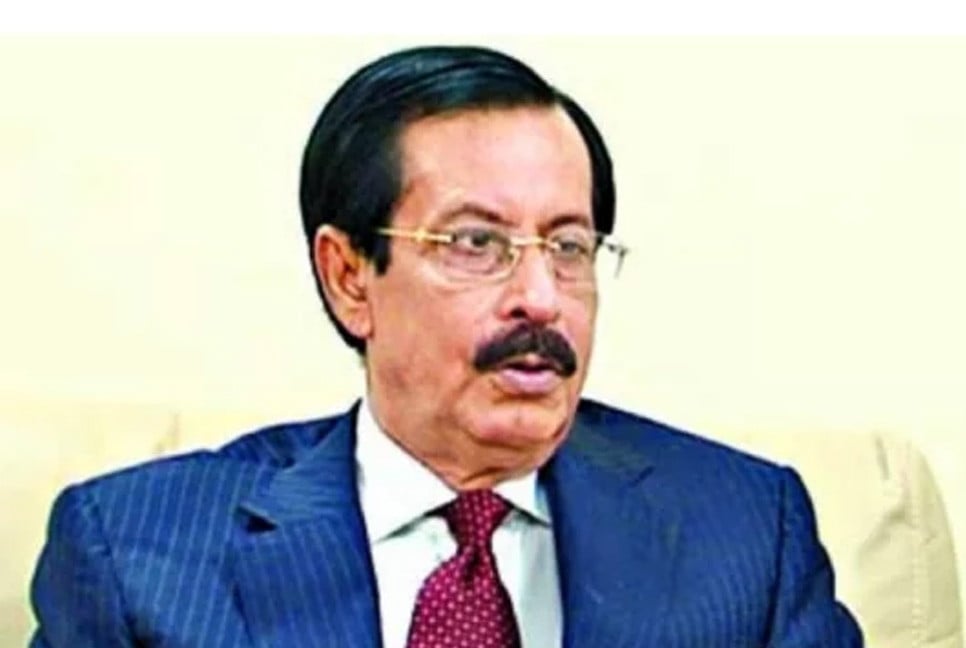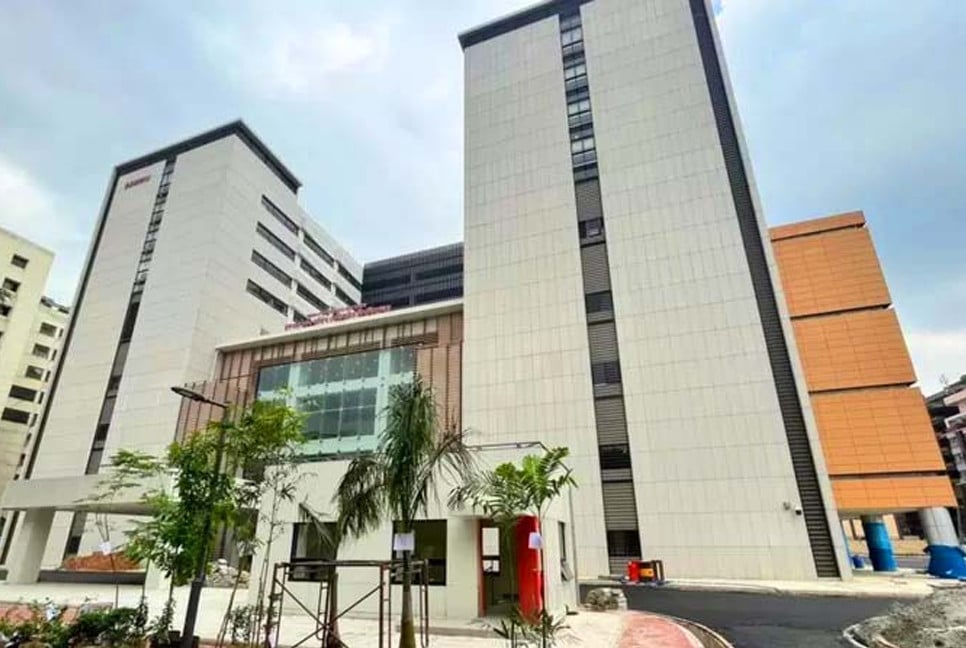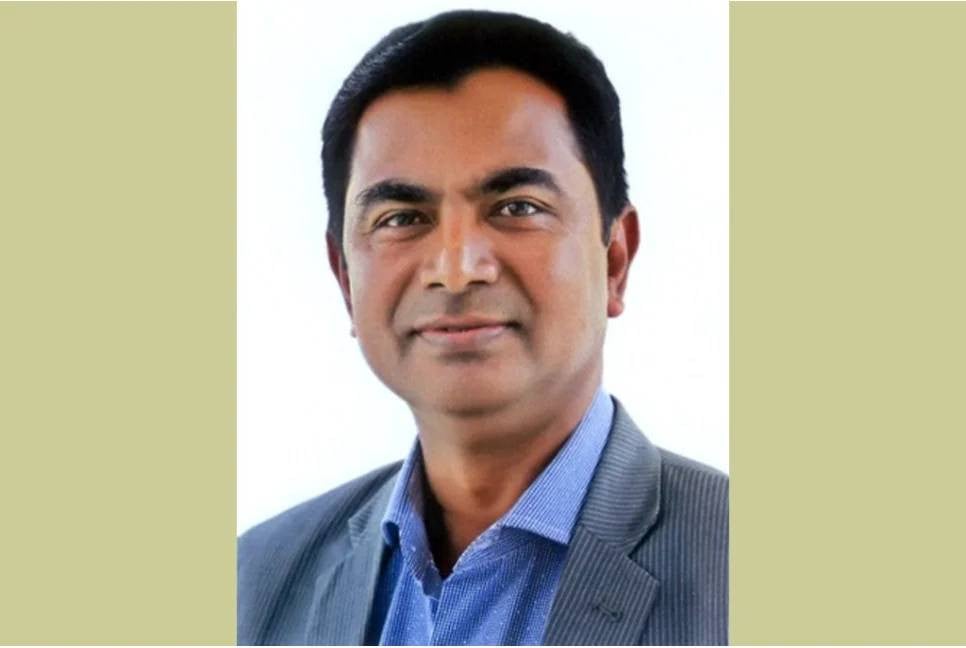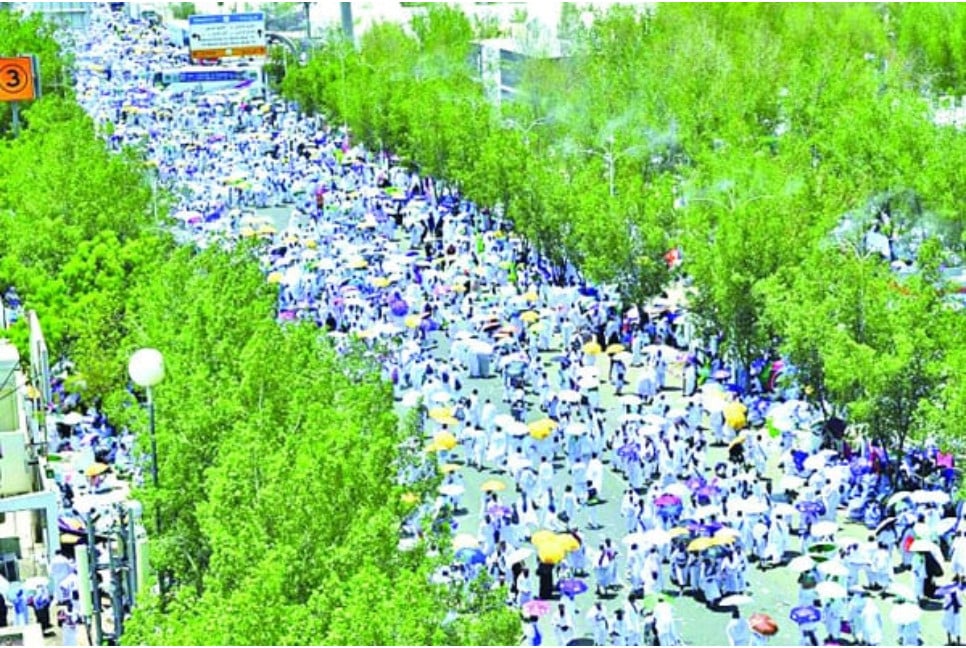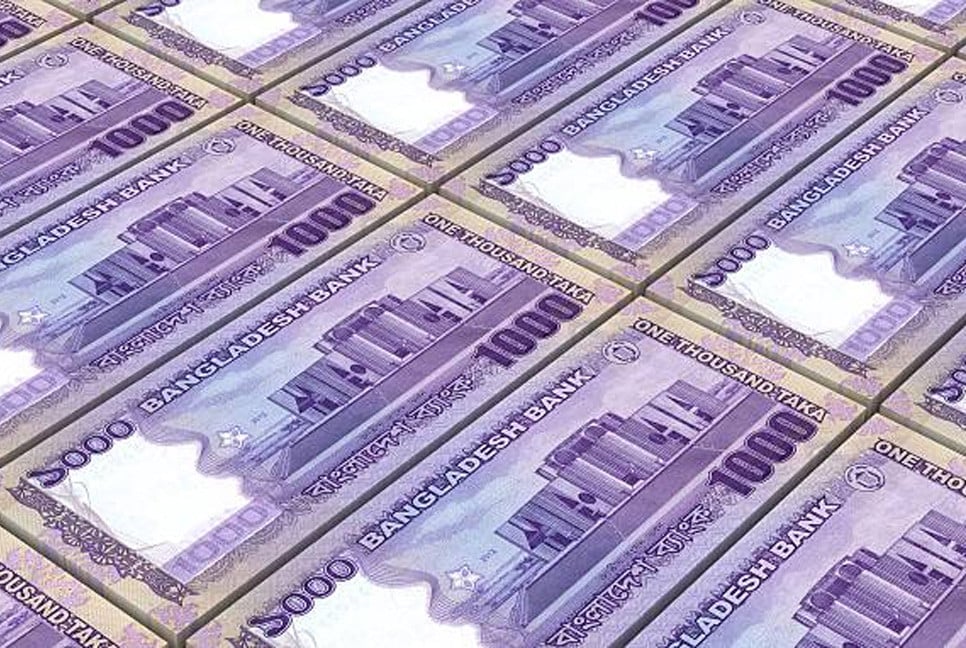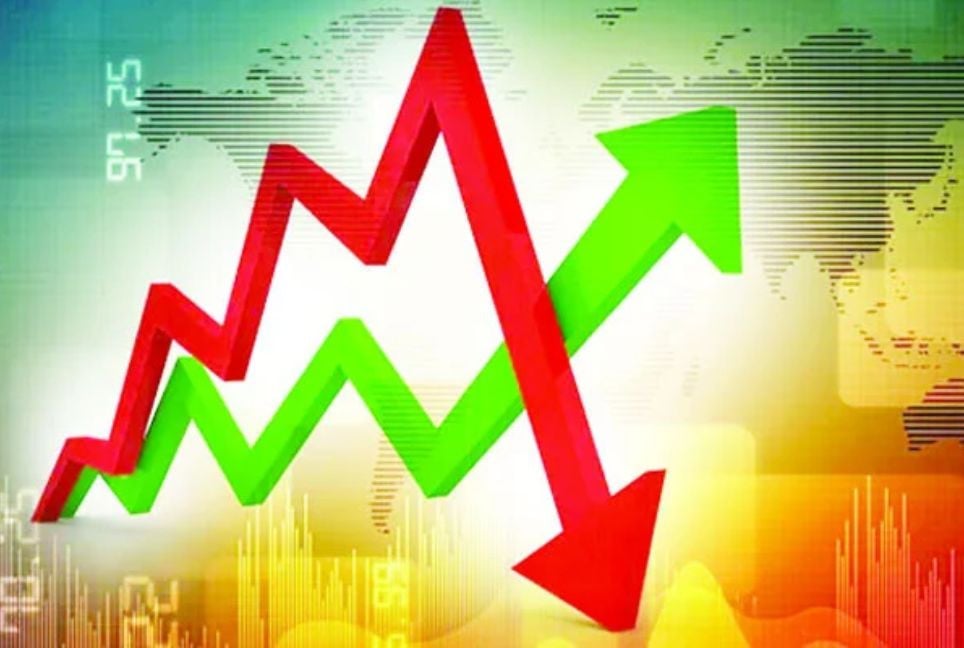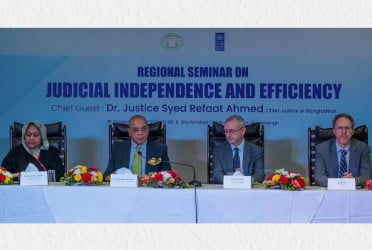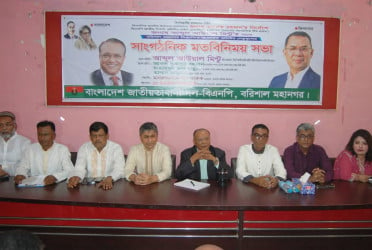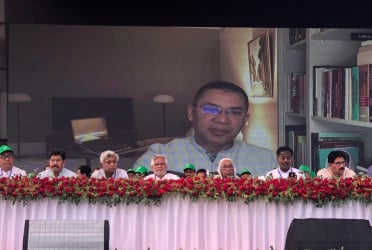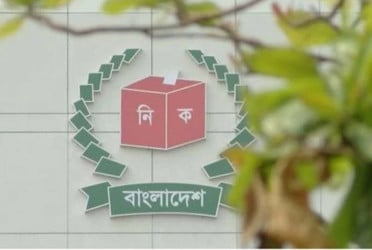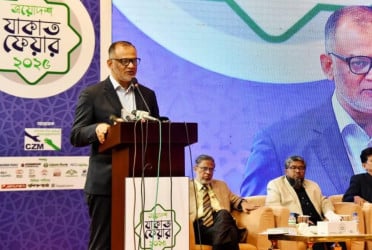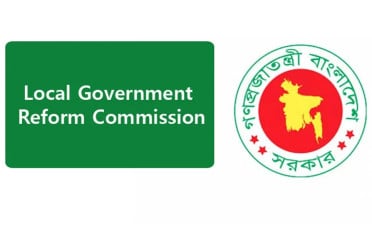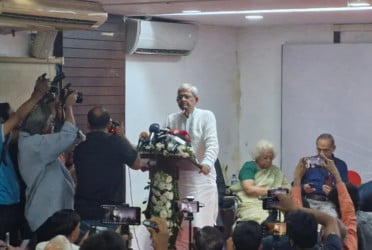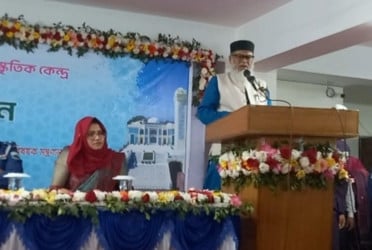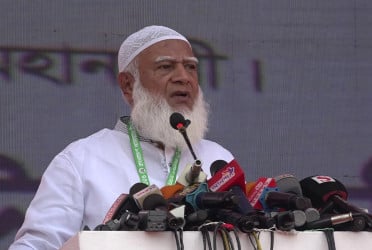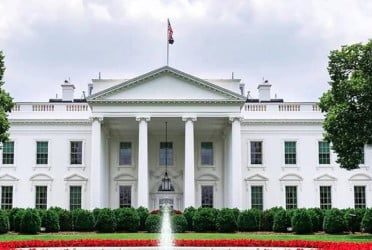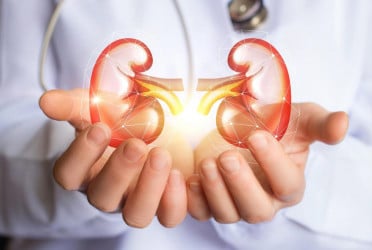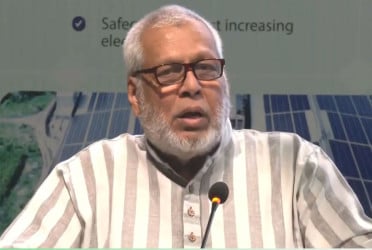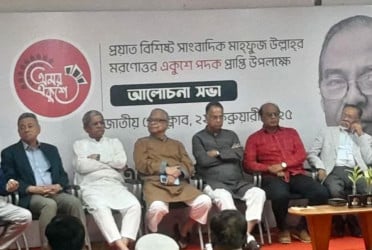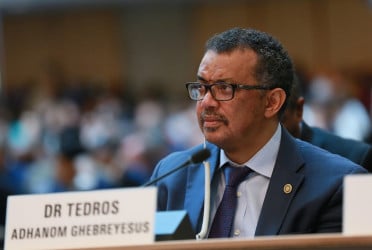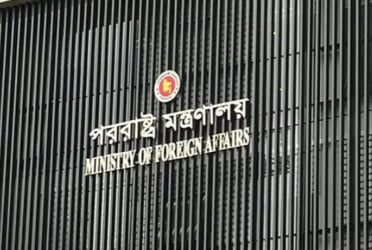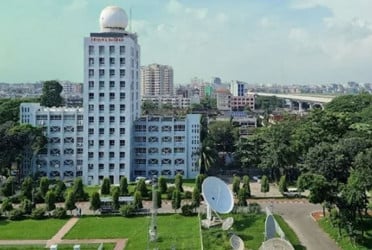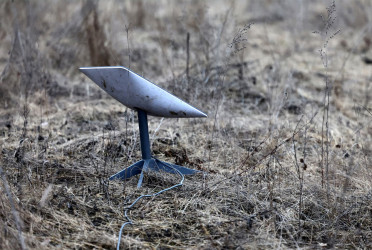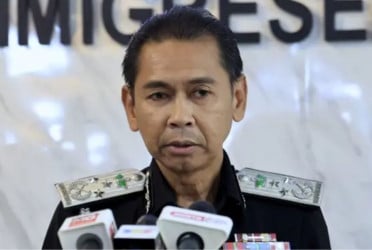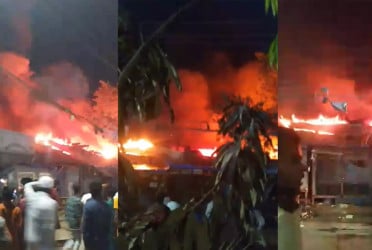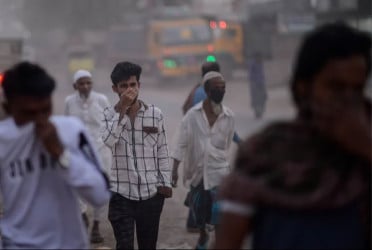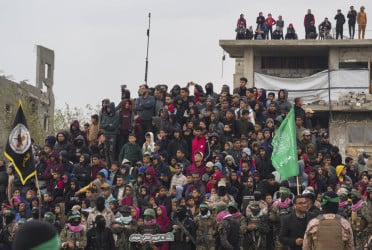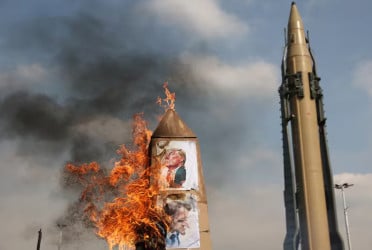Dhaka is ahead of other cities in the world in terms of air pollution in January. Dhaka has achieved the misfortune of becoming the most polluted city in the world— sometimes in morning, sometimes in afternoon, and sometimes for 12 to 14 hours at a stretch its in the topmost place in air pollution index.
Even, last night, the air quality of the city was disastrous. The harmful particles in Dhaka’s air were 2.5 PM, which was 63 times greater than the limit set by World Health Organization (WHO).
According to the report of air quality study organization Air Visual, the air of the city was unhealthy in 25 days in January, among which it was very unhealthy in 18 days.
The senior reporter of The Bangladesh Pratidin Shamim Ahmed talked to the experts over cause and effect of this pollution.
Professor of chemistry department of University of Dhaka and air-pollution researcher Dr Abdus Salam said, “Not only Dhaka, but the whole country is under the problem of air pollution. The pollution is increasing in the south-east Asian countries and the maximum pollution is seen in Bangladesh. And in Bangladesh, the air of Dhaka is mostly polluted due to excess vehicles, traffic-congestion, vehicles without fitness, polluted materials come out of mills and factories, construction work without following the proper rules and regulations, scattered excavation works in roads and the presence of brick-fields in the outskirts of the city.”
He said, “Even in district like Bhola, the pollution is very alarming despite its located near the Bay of Bengal. Rajshahi, the city located in northern-part of the country, is suffering from pollution of alarming-level.”
Dr Salam said due to the lack of sufficient rain fall, the pollution increases in the period from November to February. There’s law regarding prevention of pollution and if it’s implemented properly, the pollution will be reduced. To measure air pollution in the city, we’ve set up 70 to 80 equipments in the city. From it, we’ve found the maximum amount of pollution in Uttara, Sayadabad and Gabtali. The pollution in the city gets intensified at night. During that time, the most harmful particles in air, PM 2.5 exceeds 350 micrograms, whereas according to WHO, the acceptable limit of it is only 10 microgram per cubic meter.
Public health specialist Dr Lenin Chowdhury said, “People of Bangladesh are under serious health risk due to air pollution. People are dying of many diseases and their fertility has been decreased due to this pollution.
He said, “From some research, it has been found that average life expectancy of people of countries like Bangladesh was decreased by 7 to 8 years due to air pollution. The problem leads to death of 78,000 to 88,000 people each year.”
Dr Lenin said, “Due to the serious diseases and health problems resulted from air pollution, huge amount of time and money have been wasting each year. So, the increased average life expectancy isn’t bringing in good result in real terms.”
He said, “Several directives have been issued by the courts to prevent and control air pollution; however, that haven’t been implemented yet. The Meteoroidal Department forecasts the matters like rain, storm and temperature every day. We suggested them informing the level of air pollution, but they don’t do it. The active roles of agencies are required to prevent and control pollution that is in charge of doing it. Otherwise, the pollution situation won’t be improved.”
Chairman of environmental science department of Stamford University and director of Air Pollution Study Center, Professor Dr Ahmad Kamruzzaman said,”6o% of the air pollution in the capital occurs during the four month period from November to February, when the weather is dry. We know the reasons behind it, but authorities concerned come forward to solve the problem.”
He said, “In the city maximum construction works are done in winter season. Brick fields are also active in the period. Besides, in many places of the city, the activities of burning garbage take place. Excavating in the roads without following the proper rules and excess presence of vehicles without fitness certificate are creating huge air pollution. We all know the reasons and sources of the pollution, but proper initiatives haven’t been taken to mitigate the problem.”
@The report was published on print and online versions of The Bangladesh Pratidin on January 26 and rewritten in English by Lutful Hoque

